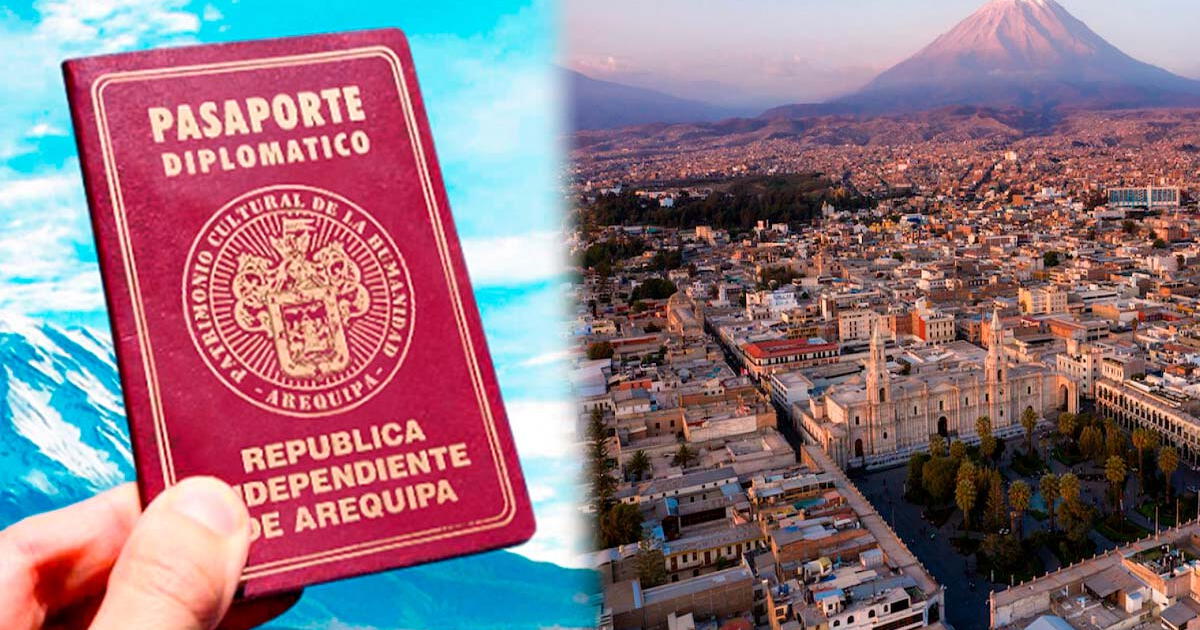Arequipa is one of the most representative cities in Peru and has a large number of tourists visiting every year. Even its citizens are often proud to be born there, although they often mention that they are another country. What is the reason for this? The White City has a curious history.

PUEDES VER: How many years of life expectancy do dogs have?
Historian Gonzalo Gómez argues that Arequipa is a city with a very marked regional identity and proud of its history. "It is a rebellious and contentious city. It did not follow the beat of Lima, it had strong characters like Mario Melgar, Francisco Mostajo, and others. In addition, gastronomy represents us: we are the only ones with true picanterías," he said.
Why do people from Arequipa say they are an independent republic?
The Independent Republic of Arequipa did exist and its origin took place during the War of the Pacific, which involved Peru, Chile, and Bolivia. To understand better, it is necessary to consider the book "General history of the history of Arequipa" by Máximo Neira, Guillermo Galdos, Alejandro Málaga, Eusebio Quiroz, and Juan Guillermo Carpio.
During the armed conflict that began in 1879 and ended in 1883, Chile managed to overcome the alliance of Peru and Bolivia in 1881, and Chilean troops invaded the Peruvian capital, Lima. All local authorities had to seek bases in other areas and chose Arequipa, the second most important city.
After Peruvian President Nicolás de Piérola was replaced and his replacement, Francisco García Calderón, was taken to Chile. The command of Peru was taken by Rear Admiral Lizardo Montero, who made the White City independent through a supreme decree.
"As long as Lima, the capital of the Republic, is occupied by the Chilean army, Arequipa will be the new capital of Peru, and from that moment on, it will be called the Independent Republic of Arequipa," he said.
Arequipa: passport and currency
The people of Arequipa had a currency that was made in the United States, but it ceased to be printed after the end of the war. After a few years of the end of the conflict, an Arequipeño took the idea and established the diplomatic passport.
For more curiosities, visit Libero.pe

